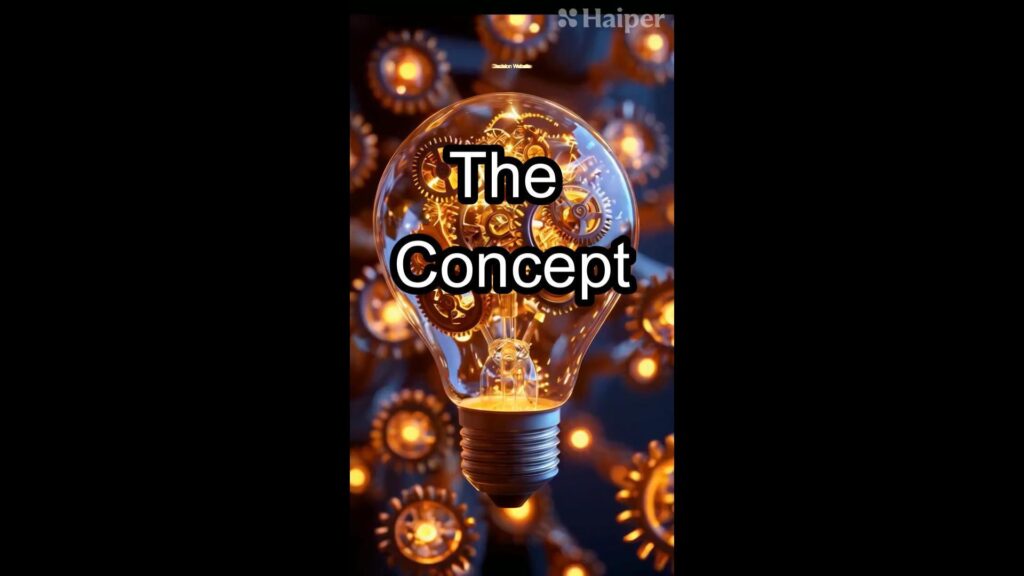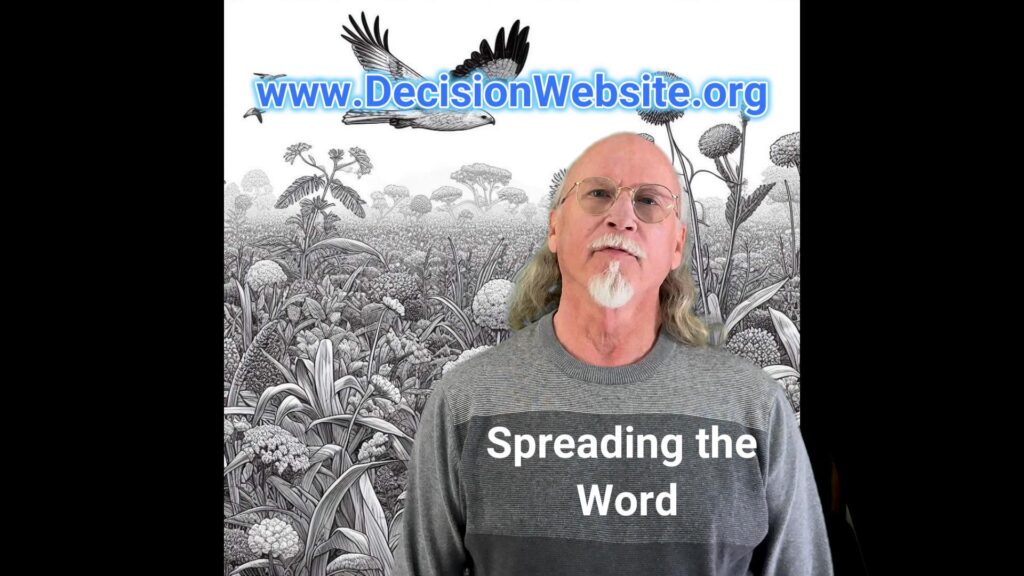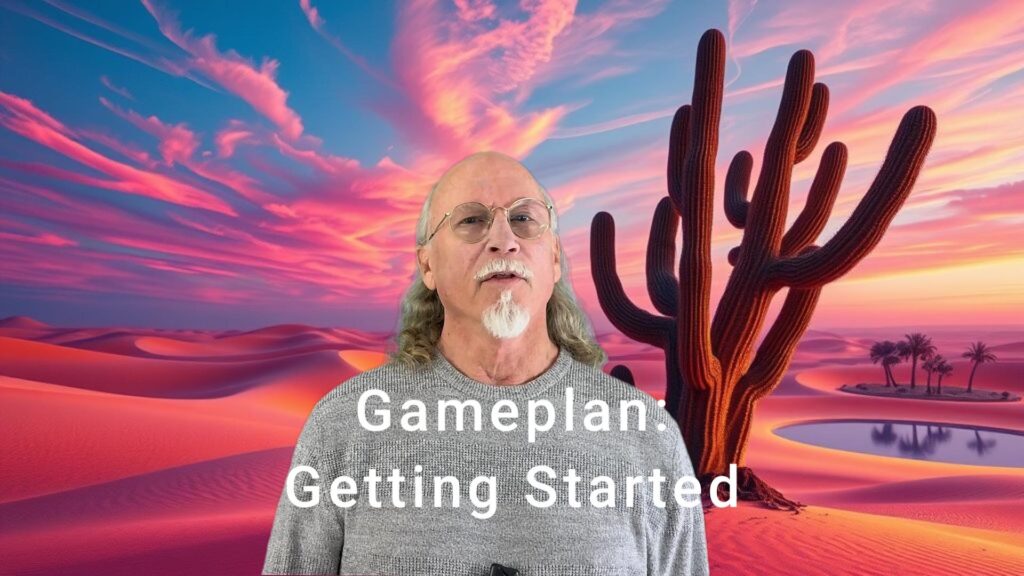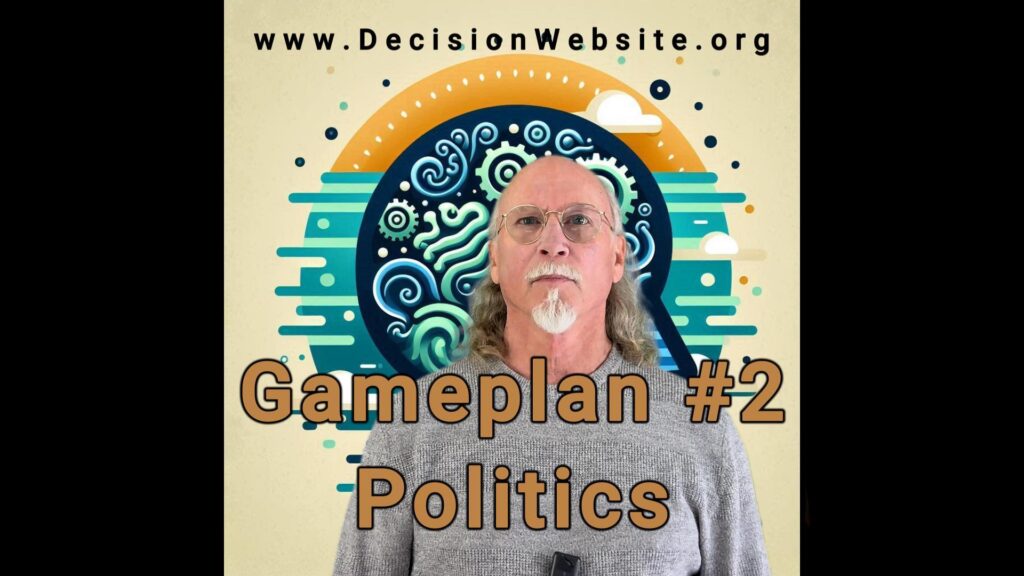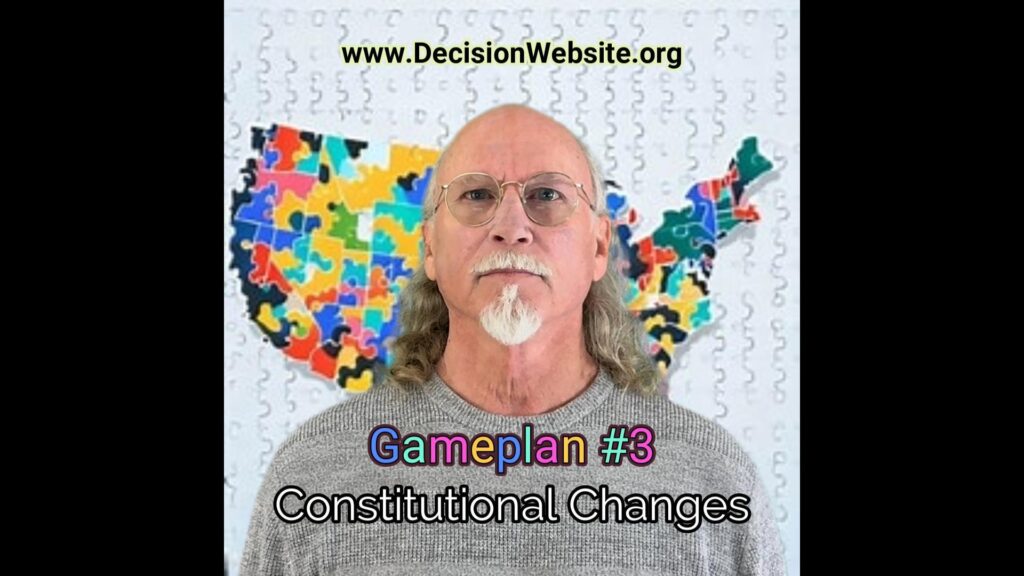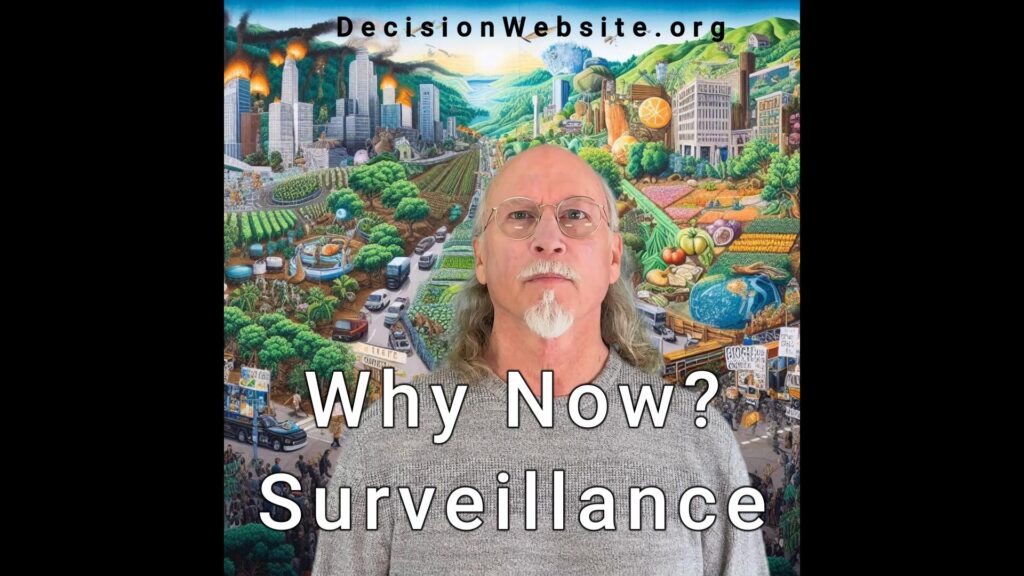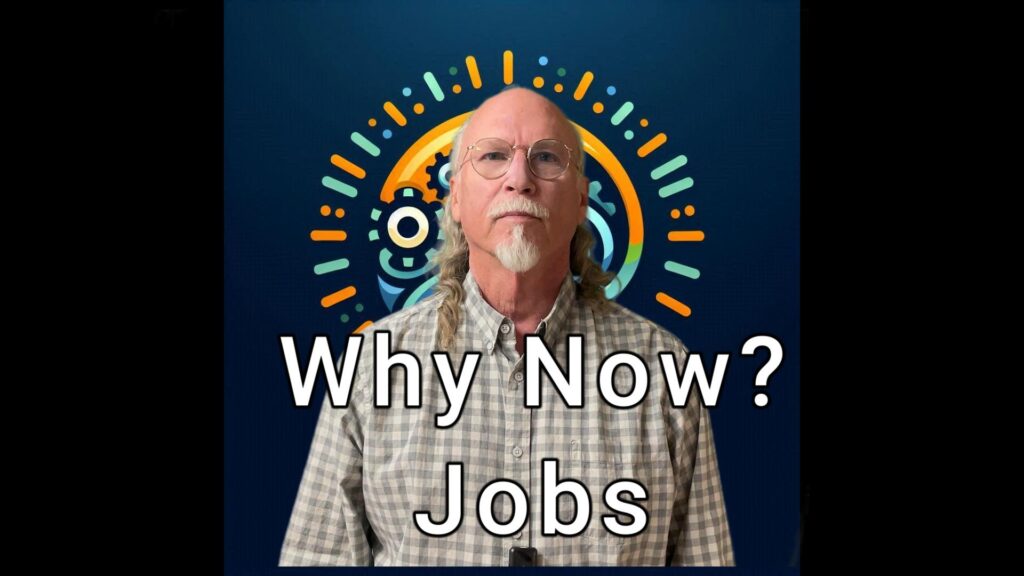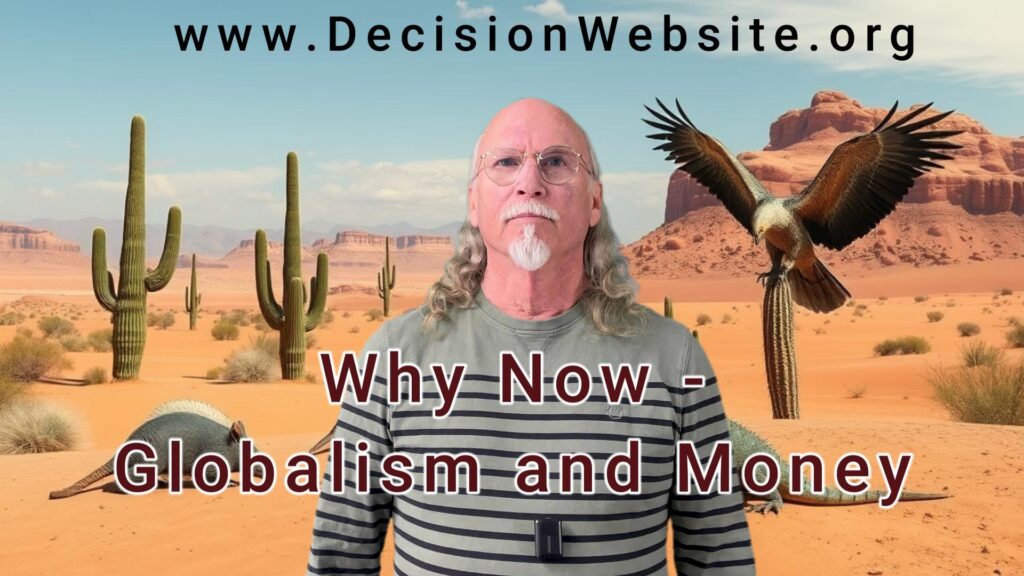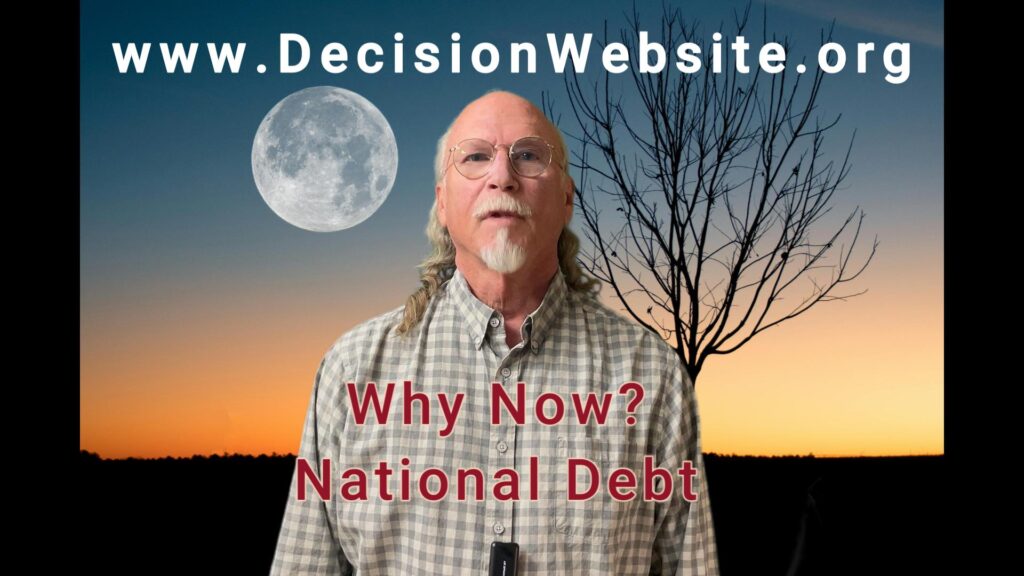Media is a Problem
What’s below…
Internet Sites, Podcasts, Youtube
.
.
.
Media is a huge influence on our lives. Every day, day after day, media is coming at us like a wave. Our worldview and most opinions are heavily influenced by what we encounter on media. Your sense of what the rest of the citizenry believes and thinks comes from the media. The media gets to dictate what is deemed important right now.
.
It gets even more unsettling. Our dreams and goals and self-esteem, (I know we don’t like to acknowledge this) have been manipulated by the media. Even our subconscious role models come from a mix of family, friends, and the media.
.
Let’s define media so that we are on the same page. News, entertainment, opinion news, advertisement, and even educational shows. Coming from… TV, cable, talk radio, newspapers, magazines, YouTube, podcasts, social media, the Internet, and books. There is mainstream media, smaller private media, non-profit media, and a full range of Internet sites with opinions.
.
It is not that media itself is bad, nor is the information that it imparts bad unless it is blatantly untrue. But given its intense influence on our thinking, it is creating a problem as we now see in our increasingly polarized culture. It is a tremendous source of power in this world that is sought after to make money and to influence the general public. We need to be aware of this fact and understand what’s happening to us.
.
The problem is that the information coming from media is not totally accurate, nor complete, and is always biased. Our challenge is to sort out what we see and hear in the media, and thereby build factual opinions, a correct worldview, and a philosophy of life that is honest and truthful. But there are huge, almost insurmountable hurdles for us to get there. Foremost is how little time each of us possesses to research an issue to ensure balance and accuracy. And secondly is how difficult it is to critique biased information.
.
Every media article we read will always be biased. By biased, I don’t mean that the author has nefarious intentions, but rather that all authors have subconscious factors in their thinking that skew their perspective. Every content creator is influenced by their personality, education, upbringing, culture, prideful defense of previous beliefs, personal experience, religion, training, peer influence, one-sided research, their media diet, employer pressure, cross-purpose motives, and by the simple fact that they support opinions that benefit them personally. All of us are guilty of this same kind of bias in our thinking and opinions. But let’s not pretend that bias doesn’t exist just because it is so pervasive. Let’s recognize it as an inevitable fact and make ourselves better critical thinkers by leaving the door open to additional input.
.
In spite of their bias, a content provider will still espouse solid information and ideas, and can be heading in the correct direction. So it’s up to us to analyze what is true and whether there are nuances that need to be considered. Every writer believes that they have been balanced in their research, have fact-checked, and have been sufficiently comprehensive. But they have done so in a compromised framework because none of us have that super ability to detect our own influences and thus bias.
.
This is the heart of the Decision Website. It takes all of us putting our perspectives together and challenging each other to weed out the bias. This is also how we allow every viewpoint to be included, even those far outside of our normal box, in order to broaden our understanding and open up new possibilities.
.
For expediency, here is a list of other problems in media:
.
The remainder of this article gives some examples from each of the media types.
.
↑ TOP
The News
.
Simply providing the “news” of the day shouldn’t be a problem, right? Can’t we watch ABC/NBC/CBS/FOX/BBC without any bias? It seems like they try to be objective. But think about what processes go on behind the scenes.
.
There’s only so much time, maybe an hour, and so they cannot be too comprehensive on an event. Someone is picking and choosing what events to mention and how much time to give. Those same people are employees of a profit making company and as professionals are expected to present the news in a way that keeps you coming back. That motive affects the content.
.
Now is a good time to mention how mainstream media is a small consolidated group that controls a huge swath of what we see and hear. This aspect gets presented below in more detail. Can we safely say that this small group of corporate leaders and major shareholders do not have a slant or even an agenda to influence us? Again, it’s not that their motives are nefarious or that they seek to harm us. It’s simply that what they are presenting in the media can contain a muddling element. Some perspective that isn’t quite forth-coming and honest, isn’t balanced, or is overstated.
.
Watch for adjectives that reflect an opinion while appearing to simply objectively report the news. Then ask yourself if they have a right to express that opinion as if it has been fully vetted, debated, and proven.
.
↑ TOP
Good Morning America, Sunday Morning,
20/20, 60 Minutes…
.
I love these shows. They provide us with an abundance of good information. But again, keep the door to your opinions open. Profit, limited time, the entertainment factor, sensationalizing, and keeping you coming back are all conflicting motives for imparting the truth to the audience. Also the producers and content providers have definite opinions. Biases naturally exist. It’s only logical.
.
One special element to watch on these shows is the thread. The thread is the storyline that is used to weave through the topic. For instance the thread might be a person who was at an event. The story is seen through that witness’s viewpoint and experience. This technique makes the story gripping and personal such that the audience feels connected. So much so that we sometimes forget that there are other perspectives to consider. It is up to us to incorporate those broader perspectives, or to at least leave a window open.
.
As an example, when you hear a story of the stress and danger encountered by a U.S. soldier stationed in Afghanistan, remember to leave that window open for the other perspectives – the Afghani civilian, the Taliban fighter, the religious versus the secular citizen, the experience of men versus women, or a child’s viewpoint. The world is a complex place and to simplify it, as we all want to do, does not get us close enough to the truth.
.
↑ TOP
.
Journalists are critical to our freedom. They are the ones who go out into the world to find the information that people, companies, and the government are trying to keep hidden. They are digging deep to put the pieces of the puzzle together. And quite often they are risking their lives and reputations as well as sacrificing routine home lives. There is a heroic aspect to journalists.
.
The media organizations that journalists work for represents a large chunk of the problem. It is the profit motive, space and time allowed for the journalist’s story, as well as other hidden agenda’s in the media organization that can cause bias. But don’t forget, journalist by themselves naturally have personal biases as well. And yet, that’s the journalist’s job… to dig and sort and try to construct the truth of an issue.
.
Imagine if we gave a journalist as much time as is needed to research a chosen topic. What if there was no pressure from an employer or peers to come to a preferred conclusion? And what if their resulting content could be whatever length and format that the journalist felt was needed to convey the message to the audience. That’s the kind of content we want from media.
.
And now take that to another level and imagine a next step in the Decision Website debates. We use the work done by the journalists and hammer out the differing opinions, scrutinizing for accuracy, recognizing the nuances, checking the logic, and opening the door to broader thinking. Then we will be making progress towards the truth.
.
↑ TOP
PBS, Democracy Now, ProPublica…
.
Non-profit news media: PBS, NPR, Democracy Now, The Intercept, ProPublica, Free Speech TV, Link TV, etc. We can appreciate any effort to make news objective and balanced. Eliminating the profit motive helps. Yet, bias is not easy to recognize and difficult to overcome. The pool of decision makers in these organizations is not sufficiently large and hierarchies exist. Deadlines add stress, limited timeslots affect content, and viewership is still a hidden motive for success.
.
If only we could add a management layer that is democratic and transparent.
.
.
CNN, MSNBC, FoxNews…
.
“Opinion News” simply allows a show to step away from the descriptor of being objective. The show host and all of the guests are allowed to express their opinion. While everyone likes to think they are seeing the world with an open objective mind, it is just not true. Opinions will be conveyed, but there are many more that will not be brought into the conversation, and conflicting opinions will be treated contemptuously. What’s ironic is that everyone speaking will be absolutely positively sure of their viewpoint.
.
Forming opinions is itself problematic. Consider the axiom “the more you know about a subject, the more you know how much you don’t know.” Who can say that they have done full and comprehensive research on a subject? And even more important, that they have tamed all of society’s and their own preconceptions. So why is everyone so confident that they have the right answer?
.
Every one of us naturally hopes that we have a correct view of the world. That’s why we yearn for everything to be simple… so we can understand it. Unfortunately, the world and life itself is very complicated. But who wants to hold the “I’m not sure” position? So each of us forms strong opinions.
.
Here’s the problem. Changing your position on an issue is very difficult for all of us. It is admitting that you did not have it right to begin with. It takes courage and super honesty to let your opinions morph as new information arises. Now, just imagine what it is like to change your opinion when you are the host of an opinion news show, or their expert guests. Reputations and careers are on the line. This makes it difficult for them to pursue the truth of the matter and instead makes it an exercise in defending their position.
.
Yet, this is the tip of the iceberg for opinion news. There are so many more problems. The profit motive is one driver for these flaws. As viewership increases… so does advertising profit. Sensationalizing, looking for drama, and “Breaking News” will cause us to stay glued.
.
Even more problematic is that by cultivating two opposing sides, viewers are enticed to join the fight. Left vs Right; Conservative vs Liberal; Proud Boys vs Antifa; Socialists vs Capitalists; Republican vs Democrats. It’s not that the differing opinions aren’t real. It is simply that media exploits the dynamic by pointing up every possible blemish, right down to disheveled hair or a stairway stumble. It is a blame game where every problem in the world is the other team’s fault. It is guilt by association where one person’s poor choice of words is applied to their entire team. There is constant suggestion at the other team’s questionable motives. “Beware, the other team is coming to get you!”
.
Bottom line… opinion news is purposely slanted to make the other team look bad, and we are paying the price of a polarized society. But… wouldn’t these media stations say they are only presenting facts? The answer is “yes” in a very basic sense. But those facts and events are then manipulated in ways that, at the very least, are not the clear and balanced truth. Facts are facts but interpretation is not.
.
Watch these opinion news shows and notice:
.
In addition to the major stations mentioned above, the category of opinion news can also be applied to shows like Face the Nation, Meet the Press, This Week, Nightline, and State of the Union. Then there are the smaller companies like Politico, OAN, Newsmax, Mother Jones, Bloomberg, and NewsNation. Let’s open up our eyes to all of them.
.
By the way… what if we create our own democratically run opinion news network? We the viewers guarantee that it is balanced and comprehensive. That’s what the Decision Website can do for us
.
↑ TOP
.
Internet Sites, Podcasts, YouTube
InfoWars, Alternet, Vox, Drudge Report…
.
There are an enormous number of Internet sites, podcasts, and videos that espouse opinions and analyze current events. Do they have cross purposes that come from seeking recognition, revenue, and viewership? Most of them do, and the result is sensationalism. Do they do have implicit biases? Common sense tells us they do because every individual is conditioned by their experience and these sites tend to be administered by a small like–minded group of people.
.
We shouldn’t dismiss these sites as being a detriment. Each site is providing information and ways to look at an issue that we ourselves may not have. If we have a commitment to seeking the truth of a matter, then we owe it to ourselves to gather as many perspectives as is available. It’s our job to find the correct way to think about an issue.
.
Let’s be practical though, and recognize that we individually do not have the time to sort through all of this media input. Plus, do we really have the brain power and the honesty to overcome our own personal bias? We need each other to put all of our thinking together and sort it out as a community to end up with strong logical thinking which we all can trust. That’s how we solve the time problem and the bias dilemma. That’s what the Decision Website is all about.
.
↑ TOP
.
Facebook, Twitter, Reddit, Instagram…
.
Beware of the over simplification of our world. Memes are fine to spark an idea. But if we let those small points be the end-all of our opinion, then we are not doing our job as strong thinkers.
.
Our opinionated interaction in social media has been an eye opener. The ugly trollish behavior can be looked at separately as being either purposely disruptive or stemming from personality issues. It is the main body of dialogue that is so revealing. Our tendency seems to be a digging in of heels and a relentless motive to “win” each debate. It is as if we don’t have a commitment to discovering the truth, but I’m sure that’s ultimately what we want. And I suppose that we all know of our limitations on what we know and understand about an issue such that there is humility in all of us. And yet we are unwilling to be humble before the other people in our debate. A group commitment to humility and good-faith debating is needed.
.
Once again, the Decision Website can be used to resolve this dilemma by enforcing rules within the debate platform to push us together until we at least answer each other’s challenges and adjust our own positions given the inaccuracies and illogic that was discovered.
.
A glitch with social media has been revealed in that they are ultimately controlled by a corporate entity. That corporation can censor and choose who is allowed to share their opinion, thereby changing the narrative and the balance. That is a power we should not grant to anyone, especially not to a profit motivated group. The solution is easy. We develop a democratically run social media site where all of us have that power to guarantee balance and truthfulness.
.
The other problem with social media involves information. Of course those tech companies collect and analysis your profile so you can be targeted with advertising which is most likely to result in a sale. But they also use that same technique, algorithms if you will, to push information towards you that is most likely to keep you glued to their platform. That may seem benign, but it has the result of keeping us locked in our small world of ideas and beliefs such that we end up polarized and isolated from broader thought.
.
↑ TOP
.
There has been a corporate consolidation of radio stations that has resulted in an imbalance of perspectives. Conservative talk radio is so dominant, not because the people don’t want liberal hosts, but seemingly because the owners prefer one ideology over another. Some suggest that the conservative viewpoints are more beneficial to corporate power and profits. It’s a fairly strong argument. That does not mean that the conservative perspective is wrong. It only means that we do not receive a balance of perspectives.
.
Talk radio is also a perfect example of why we need the Decision Website. The radio host holds all of the cards and so their opinion reigns. Opposing views are berated and effectively shut down. The language is usually exaggerated and inflammatory. It is definitely “talk” radio and not “dialog” radio. Take a look at this list of damaging logic and debate methods and note how many are used in talk radio.
.
Because there is saturation in the conservative point of view, and the hosts do not promote a balanced view, the result is that listeners are pummeled with the same message over and over. It becomes hard for listeners to even entertain other perspectives. We all have tremendous capabilities for logic. If balanced logic is presented, and we can avoid digging in to one perspective, then we can figure out the truth. Wouldn’t it be nice to have the opportunity to prove that to ourselves.
.
.
.
Is advertising good for us? I enjoy a creative commercial. But they are presented over and over and over again with a manipulative intent. Think of how much cumulative time we waste watching advertising.
.
Advertising is a problem because it goes well beyond the wasted time or pushing you to buy a product. Marketers are experts in psychology and human nature. You are the target of a continual and pervasive campaign to alter your thinking. Brain washing is not too strong of a descriptor. We all like to think that we can see through it. But can we really?
.
.
.
Movie entertainment may seem manageable. Yet, it is also presenting a lot of information to us like fictional story lines and views of the world. It’s not all truthful. And it does get into our heads.
.
Television entertainment has a specific problem. It wants to keep you tuned in, with hanging story lines so you are wanting more. Trailers and commercials try to prevent you from changing the channel. They keep you coming back to raise viewership in order to make more advertising money. Just know… we are being manipulated.
.
↑ TOP
.
Yeah comedy! Tonight Show, Daily Show, SNL, Late Night, all of them. First, recognize that a joke often reflects an opinion. And the opinion gets twisted to make the best joke. So we hear a weird angle on the world, which we of course can intellectually decipher in the midst of our laughing. Maybe… hardly… doubt it.
.
It doesn’t matter if they joke about all sides evenly, it is still an opinion contorted for humor, which we readily and adoringly digest. Which of us can see the line between truth and spoof?
.
Comedy is such a wonderful part of our lives, and there is no way we want to remove it. What we need is a place like the Decision Website for all of us to get easy accurate information so that we can enjoy this humor for what it is.
.
↑ TOP
.
Books are often our most reliable source of information. Author’s reputations are on the line and they have more space to give a complete analysis. And yet we would be naïve to think of them as always accurate and balanced. Scientists and academia do a fairly good job in qualifying their opinions because of the attitude of “peer review”. But they are still sole interpreters of facts which can let bias go undetected. Other types of authors might readily generalize or reflect any number of personal biases. It’s up to us to critique.
.
Until we have a way for each person’s opinion to be tested in debate, we need to retain some skepticism of any sole author’s writings.
.
.
.
Every single day journalists are engaged in developing conspiracy theories. It involves the idea that people, usually people of power, are responsible for some level of reprehensible actions. Of course researchers and others with a public platform like the Internet also try to decipher the puzzles, but trained journalists are a good group to mention.
.
Journalists develop an instinct for behavior that suggests a cover-up. It might be the use of evasive language or a suspicion of hidden motives or parts of the puzzle that simply don’t add up. It’s then that the digging begins. It is important to note that “proof” of a conspiracy is difficult to obtain at this level. A full “proof” usually requires involvement by the courts who can subpoena witnesses and question people under oath.
.
After journalists reveal their findings in an article or some other means, media hosts often take on the job of expressing the conspiracy theory to the broader public. These hosts might add some interpretation, play with the puzzle pieces, and bring in some knowledgeable guests to corroborate. But there is still limited proof.
.
It becomes the viewer’s job on how to incorporate these theories into our understanding of the world. We should be careful and measured as to how strong the proof seems to be and as to what the conspiracy implies if it is true. This is usually where conspiracy theories become problematic. We might believe it too whole heartedly and don’t leave the window open for more evidence. And we often let the implications go far beyond any level of proof.
.
As an example, if you felt like there was some probability that Covid-19 did escape from a Wuhan China laboratory, remember that there is currently no absolute proof. Even if you thought that it was probable that U.S. health organizations were participating in gain-of-function research at the laboratory and might be hiding that fact, we still have not uncovered substantial proof.
.
Now here’s the bigger problem. Even if you think that the above suspicions are probable, it would be an error to make all sorts of “therefore” extrapolations like: Covid-19 is not real, it is not deadly, it is not very contagious, masks are not useful, masks are government control, Covid was released on purpose, the vaccine is fake, the vaccine is dangerous, Fauci lies about everything, Bill Gates is evil, and Ivermetin is the hidden miracle cure. Each “therefore” item requires its own proof. The evidence for one element is not a proof for all of the items.
.
And here’s where we have a media issue, because lots of media hosts and content providers do not restrain themselves from going too far. They sometimes push their imbalanced view as if they have the proofs. And of course, we get swayed.
.
Conspiracy theories are good in that they encourage us to remain watchful over society and on occasion they help us reveal the inappropriate activities. Once again, pooling our information into a debate forum like the Decision Website will help us get closer to the truth.
.
↑ TOP
.
Do large media corporations want to manipulate public opinion? Maybe they are politically motivated towards Democrats or Republicans, or they simply want to keep us bouncing between the two sides. That is, they manipulate us for their own profit.
.
It is difficult to know the truth here. We should, however, be aware that most of the major media networks are owned by a small handful of corporations. The list below exemplifies this astounding concentration. It is not a complete and accurate list since assets are routinely bought and sold between them, but it will surprise you, and give us a clearer understanding of this industry.
.
◆◆◆◆◆◆◆◆◆
.
Comcast controls: NBC, CNBC, MSNBC, Universal Studios, DreamWorks, Focus Features, Telemundo, E!, Oxygen, Syfy, USA Network, Bravo, Peacock, and more. They also own local television stations across the county.
.
Disney controls: ABC, Disney, Biography, History Channel, FX, A&E, Lifetime, Nat Geo, ESPN, Fox Sports, Pixar, Marvel, Touchstone, Lucasfilm, Discovery, and more. They own many radio stations, video games, book publishers, and a majority of Hulu.
.
AT&T controls: Time Warner, WB, CNN , HBO, Cinemax, TBS, TNT, TruTV, TCM, Cartoon Network, DC Comics, Castle Rock, DirecTV, U-Verse, People Mag, Time, and more.
.
Viacom/CBS controls: Paramount, Comedy Central, MTV, VH1, Nickelodeon, BET, CMT, CBS, Showtime, Smithsonian Channel, FLIX, CNET, Movie Channel, local TV stations, Simon Shuster, Scribner, and more.
.
Rupert Murdoch controls: Fox Corporation (FoxNews, Fox TV stations) and News Corp, which owns Dow Jones and book publishers like Zondervan and HarperCollins. It includes a vast array of newspapers and magazines like: The Wall Street Journal, NY Post, Barrons, The Times, The Sun (UK).
.
◆◆◆◆◆◆◆◆◆
.
Curious about the ownership of another media outlet? These companies above own lots more, and together they hold controlling shares in media companies like Hulu, Vice, GSN, CW, Regency.
.
What’s important here is for us to watch, because mainstream media is a point of power. It has power to influence us in ways that are hard to detect. Media will become an important player, and likely even an adversary, in our quest for a more complete democracy.
.
↑ TOP
.
We cannot fix these media companies. They are owned by shareholders and locked into the profit model.
.
We have to construct our own democratically run media network. It should include news gathering, reporting, and analysis. We can guarantee that our media network gives accurate news, and balanced perspectives.
.
![]()
We need a democratically controlled news media!
![]()
.
Our media network must be controlled by us all, administered through a democratic website. What happens at our media network is transparent – all meetings, decisions, finances, and processes. Only then can we trust that media’s information.
.
We can fund the media network with advertising, but with advertising rules of our choice. Startup could be relatively easy if a non-profit media company, like Democracy Now or Free Speech TV, would give up control to our democratic model.
.
◆◆◆◆◆◆◆◆◆
.
There are an abundance of smart eloquent journalists who would love to escape the corporate media world and embrace that search for truth. This would be the press that we valued so highly by giving it a guarantee of “freedom” in our constitution.
.
The debates in the Decision Website will eventually begin to shape our thinking by helping us realize that our issues are complex and require lots of intense work to determine the best solution and direction. And so independent media could be the preliminary tool we use to hash out ideas and conceive of new approaches to problems, all the while knowing that we have to eventually bring it all together in the Decision Website debate. By the time we do a final debate, we could have a far better understanding of our options and thus organize the debate in a suitable fashion.
.
We might use our own democratic media network to explain current debates in the Decision Website. Daily reports can show where the debates are floundering, and how differences are being resolved. Eventually, we can produce archival videos of debate analysis, with episodes on the final outcome, the history of the debate, and how solutions were fashioned. These videos become a recap of every issue in a debate, and is useful when changes or new laws are recommended.
.
In a very short period of time, we could become a very smart citizenry.
.
.
↑ TOP
